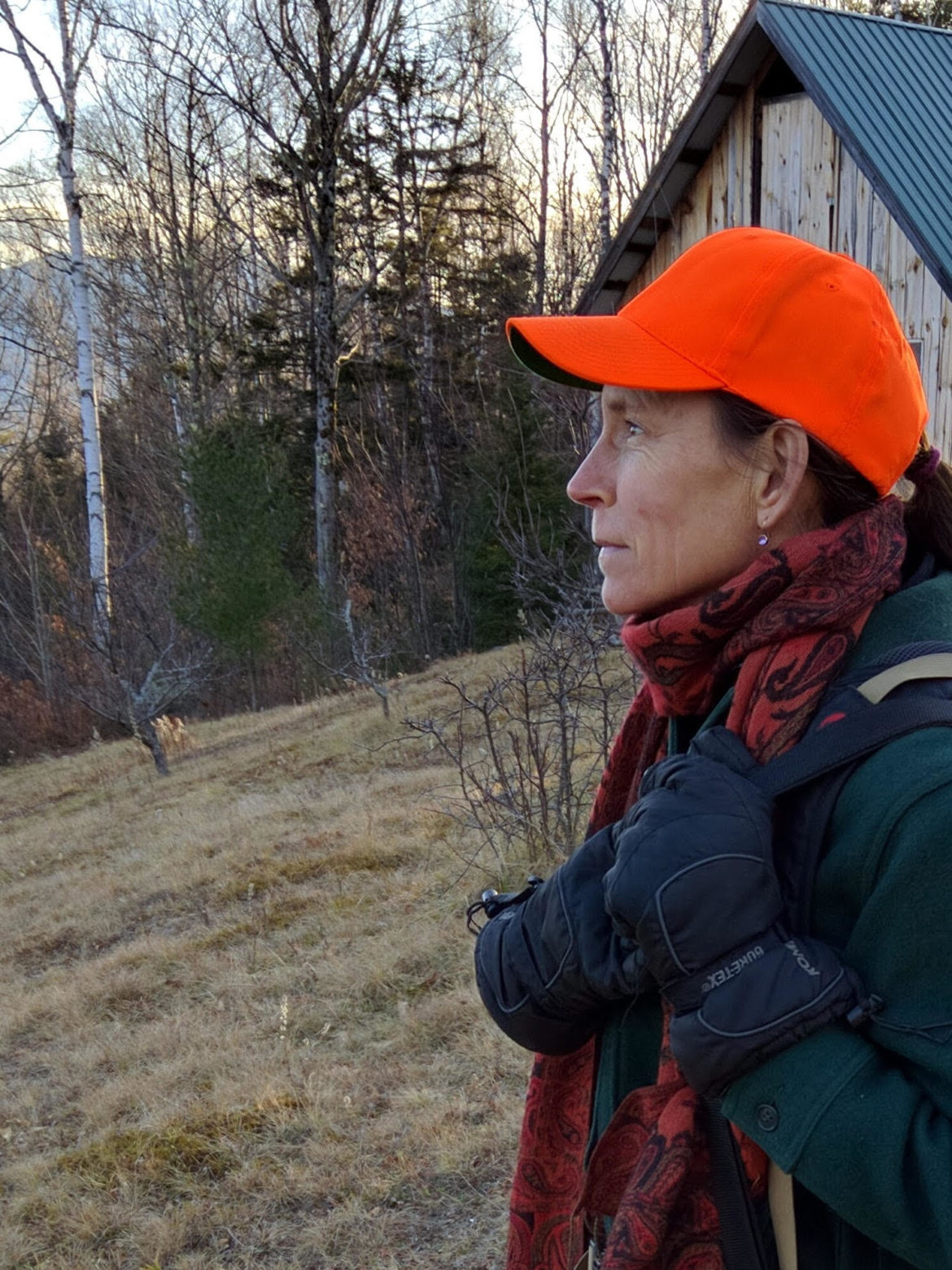By KRIS PASTORIZA
Clearly visible throughout New Hampshire are its many telecommunications towers. What is invisible is the fact that many of these towers were never subject to the inspections required by State and local law.
Typical wording in a town building permit is “I…understand the Board of Selectmen will act to enforce both the Zoning and Town Ordinances, and the State of New Hampshire and applicable Federal Building and Fire Codes.” New Hampshire has adopted the International Building Code (2015), so construction in any NH town must meet IBC standards. Unfortunately, many building inspectors, though familiar with the Code as it applies to residential construction, do not understand Chapter 17 of the Code, which covers Special Inspections. Special Inspections are required for telecommunications towers and extensions to these towers.
A cell tower company could save itself around $10,000 by not performing special inspections. Tower failures caused by failing to conform to the IBC could include tower collapse, tower fire, fire caused by a tower falling on electric lines, and contractor and maintenance worker injuries and deaths due to failure of ascension and anchoring points.
Chapter 17 does not provide a simple checklist of required inspections. It requires that a document, listing the required Special Inspections, be prepared by the engineers designing the structure and submitted to the town and building inspector PRIOR to the issuance of a building permit.
“Section 1704 and 1705 of the IBC code… outline what special inspections are required on the various types of construction and construction materials (soil, concrete, masonry, reinforcing steel, structural steel, sprayed fire-resistant materials, foundations, etc.)… Practically all engineered building projects require special inspections…”These inspections could include continuous inspection of foundation pours, including testing and verification of concrete specifications, testing of the soil and compaction requirements around the foundation, requirements for structural components, continuous inspection of welding, verification that the bolts anchoring the tower to the foundation are of the proper materials and tightened to the proper tension, and anchor bolt testing.
Because these Statements of Special Inspections are, in many cases, not being submitted to building inspectors or towns, permitting boards and building inspectors are often unaware that what these inspections are, let alone that they are required by law.
When a building inspector makes no response to a lack of a Statement of Special Inspections in a building permit application for a telecommunications tower, that is perhaps the signal to the cell tower company’s lawyer that the corporation he represents is free to save the expense of these inspections because the building inspector is either unaware of, or does not understand, Section 17.
Section 17 also requires a Final Report of Special Inspections documenting that all required special inspections were done and that any discrepancies or failures noted during these inspections have been resolved. A Final Report of Special Inspections for a telecommunications tower might average 50 pages of reports and photographs, and must be submitted to the town and building official.
These inspections must be paid for by the cell tower company, but are done by independent engineers.
An engineer described the current situation: “Our company performs Special Inspections throughout the Northeast. I can tell you that in Maine and New Hampshire it is rare that IBC Chapter 17 is adhered to. I can probably count on one hand the number of towns / cities in New Hampshire that require a Statement of Special Inspections prior to issuing a building permit, verify that inspections are performed and then require a Final Report and sign off.”
A corporation that fails to adhere to the Code is guilty of a felony, according to RSA 676:17
The state is responsible for educating municipalities, building inspectors and municipal lawyers so they understand and enforce these Special Inspections. Educated New Hampshire boards will be able to fulfill their responsibility to protect their people and terrain from harm.
The state also needs to investigate the cell tower companies’ persistent failures of compliance with the IBC, and prosecute those who have broken the law, exploited municipalities and erected potentially hazardous telecommunications towers.
Kris Pastoriza
Easton, NH
InDepthNH,org takes no position on issues, but welcomes diverse opinions. email nancywestnews@gmail.com





